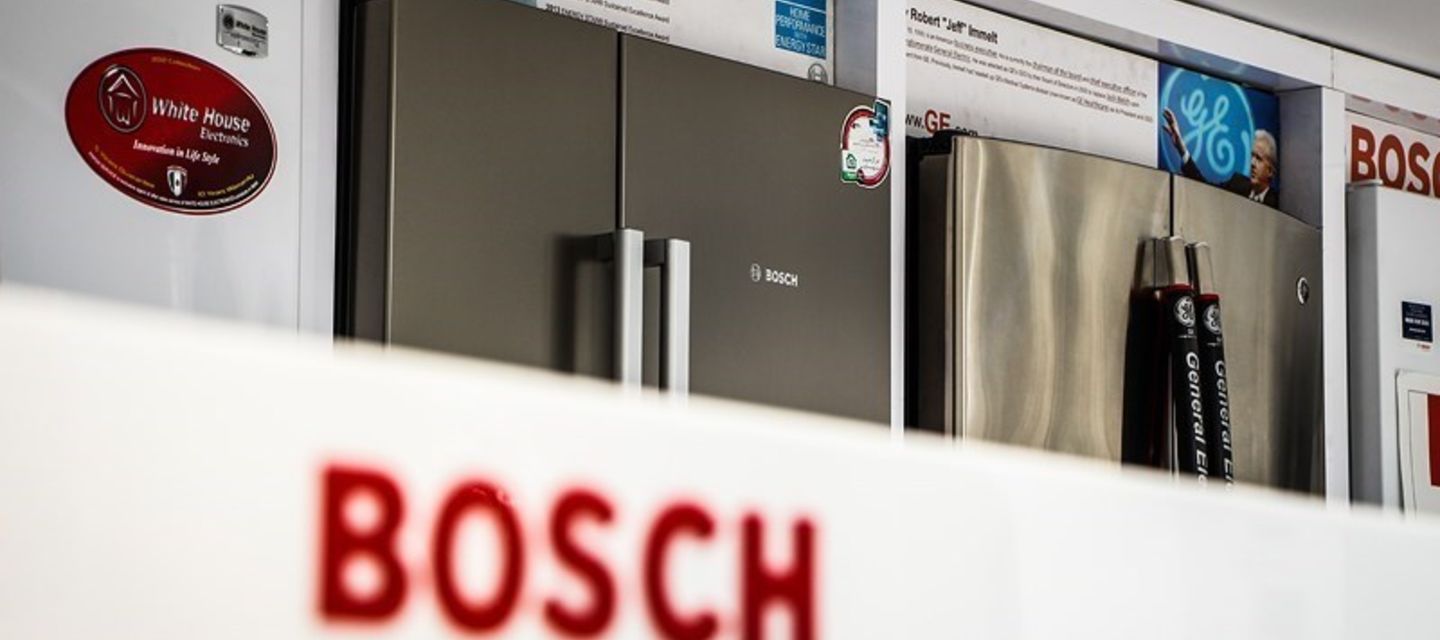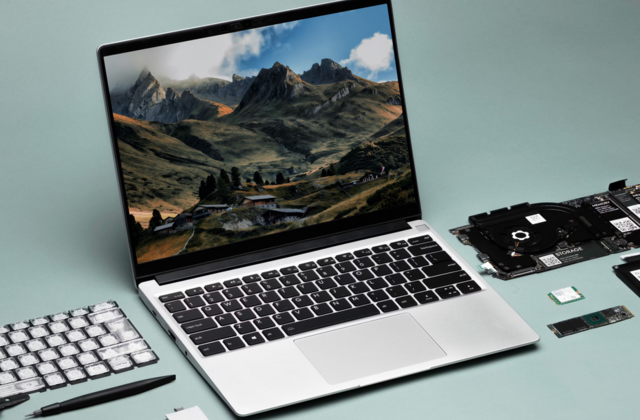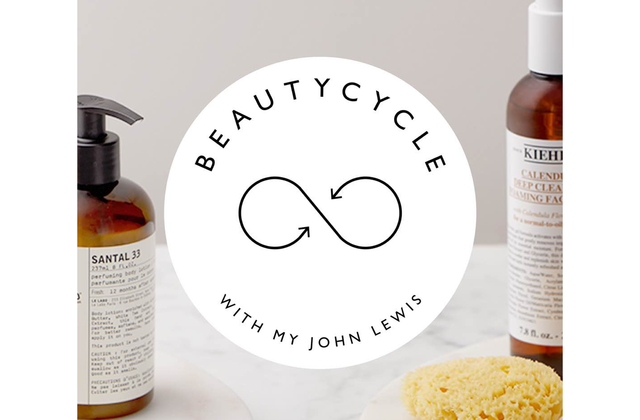What is it? The Papillon Project is an appliance-as-a-service joint initiative from Bosch and social enterprise "Samenlevingsopbouw West-Vlaanderen" (community building Flanders) (Bosch, 2021). This initiative was conceptualised to address the ongoing energy poverty crisis that affects low-income households in Europe. With this initiative, they can access energy-efficient household appliances at an affordable monthly rental cost (Bosch, 2021).
Why is this important? Europe is experiencing a growing energy poverty issue. It disproportionally affects the lowest income quintile of the population. The share of the household budget spent on domestic energy services grew from 6% in 2000 to 9% in 2014 for this population, compared to an average increase from 5% to 6% for the entire population (Pye, 2015). Energy-intensive appliances are the primary reason for high energy bills (Bosch, 2021). In Flanders, Belgium, one-third of households in energy poverty (around 120.000 families) are using old energy-wasting household appliances (Bouzarovski & Thomson, 2019). It is difficult for these families to afford energy-efficient appliances due to the high price tag. It is, therefore, necessary to come up with a solution that can cut both the energy bill as well as the energy consumption of low-income families.
Main resource strategy:
Slowing the loop through product lifetime extension with repair and reuse
Narrowing the loop by promoting sustainable usage of appliances (Bosch, 2021)
Other resource strategies:
Closing the loop through design, spare parts from defective appliances can be fed back into Bosch’s production process (Bosch, 2021)
Business model aspects:
- Value Proposition: This initiative aims to reduce overall energy consumption and consequently the energy bill of low-income households
- Value Creation & Delivery: Consumers have access to a selection of appliances from Bosch, including refrigerators, freezers, fridge-freezers, washing machines, dryers and dishwashers (Bouzarovski & Thomson, 2019). For a low monthly cost, the appliances can be rented for ten years (BSH Group, 2021). Services such as delivery, installation, repair and return are included in this fee (Dworak & Longmuss, 2019).
- Value Capture: Monthly rental cost is 9 Euros (Bosch, 2021).
Business model experimentation practices:
The Papillon Project started in September 2018 in Belgium, where the first 104 appliances were promptly installed in 63 homes (Bouzarovski & Thomson, 2019). The initiative had planned to scale up to 500 appliances in 2019 (Saintraint, 2020).
Sources:
Bosch (2021). Circular Economy Meets Social Commitment — The Papillon Project. Accessed on 24 September 2021 at: https://www.bosch.com/stories/papillon-project/
Bouzarovski, S., & Thomson, H. (2019). Addressing Energy Poverty in the European Union: State of Play and Action. EU Energy Poverty Observatory. Accessed 24 September 2021 at: https://www.energypoverty.eu/sites/default/files/downloads/observatory-documents/20-01/epov_pan-eu_report_2019_final.pdf
BSH Group (2021). Business persistence. Accessed 24 September 2021 at: https://www.bsh-group.com/sustainability/business-persistence
Dworak, C., & Longmuss, J. (2019, September 18–20). Focus on reparability. PLATE 2019 Conference, Berlin, Germany. Accessed 22 September 2021 at: https://sustainum.de/en/wp-content/uploads/2021/01/Focus-on-Reparability_Dworak_Longmuss_PLATE_2019.pdf
Pye, S., Dobbins, A., Baffert, C., Brajković, J., Deane, P. & De Miglio, R. (2015). Addressing Energy Poverty and Vulnerable Consumers in the Energy Sector Across the EU. L'Europe en Formation, 378, 64-89. https://doi.org/10.3917/eufor.378.0064
Saintraint, F. (2020). How to Tackle Energy Poverty? Using Products as a Service and Partnering with Corporates. Ashoka. Accessed on 24 September 2021 at: https://www.ashoka.org/en/story/how-tackle-energy-poverty-using-products-service-and-partnering-corporates
***
About project Circular X
Project Circular X is about ‘Experimentation with Circular Service Business Models’. It is an ambitious research project funded by the European Research Council (ERC) which supports top researchers from anywhere in the world. Project CIRCULAR X runs from 2020-2025. The project is led by Principal Investigator (PI) Prof Dr Nancy Bocken, who is joined by a multidisciplinary team of researchers at Maastricht Sustainability Institute (MSI), Maastricht School of Business and Economics, Maastricht University. The project cooperates with businesses who want to innovate towards the circular economy.
Project Circular X addresses a new and urgent issue: experimentation with circular service business models (CSBMs). Examples of such new business models include companies shifting from selling products to selling services and introducing lifelong warrantees to extend product lifetimes. However, CSBMs are far from mainstream and research focused on experimentation is little understood. The research aims to conduct interdisciplinary research with 4 objectives:
- Advancing understanding of CSBMs; their emergence and impacts
- Advancing knowledge on CSBM experimentation
- Developing CSBM experimentation tools
- Designing and deploying CSBM experimentation labs
Funding source
This project has received funding from the European Research Council (ERC) under the European Union’s Horizon 2020 research and innovation programme, grant agreement No. 850159.
Using of this information
When you refer to this case, please use the following source:
Circular X. (2021) Case study: Bosch - Papillon Project & Appliance leasing. Accessed from www.circularx.eu



